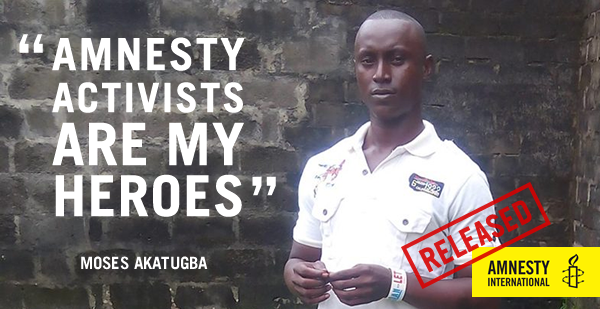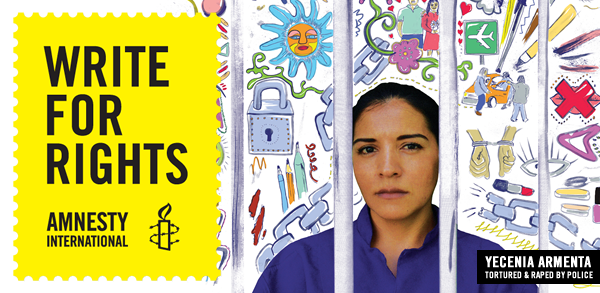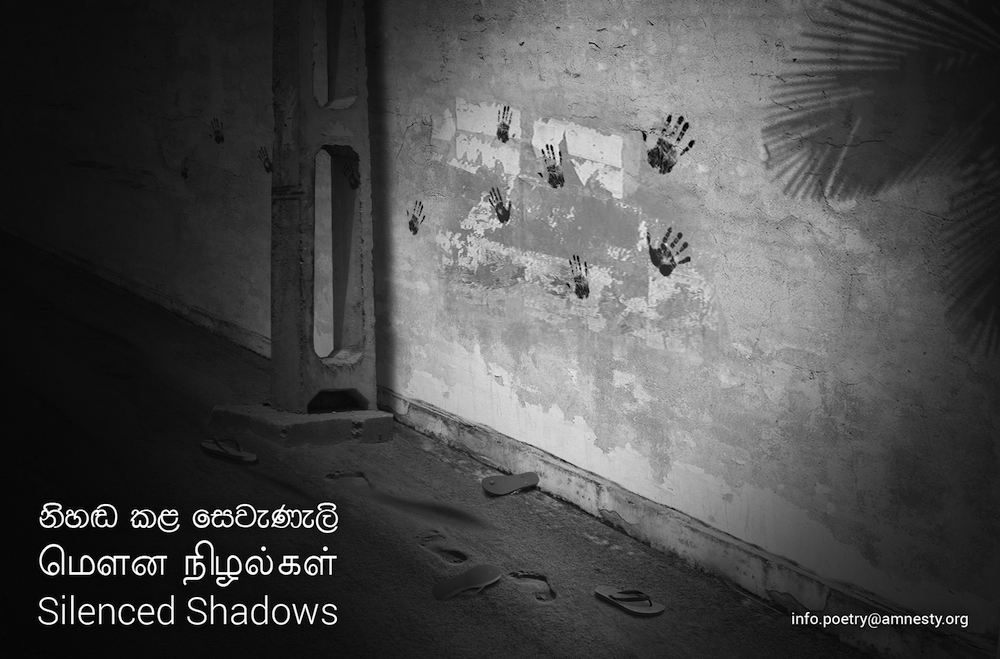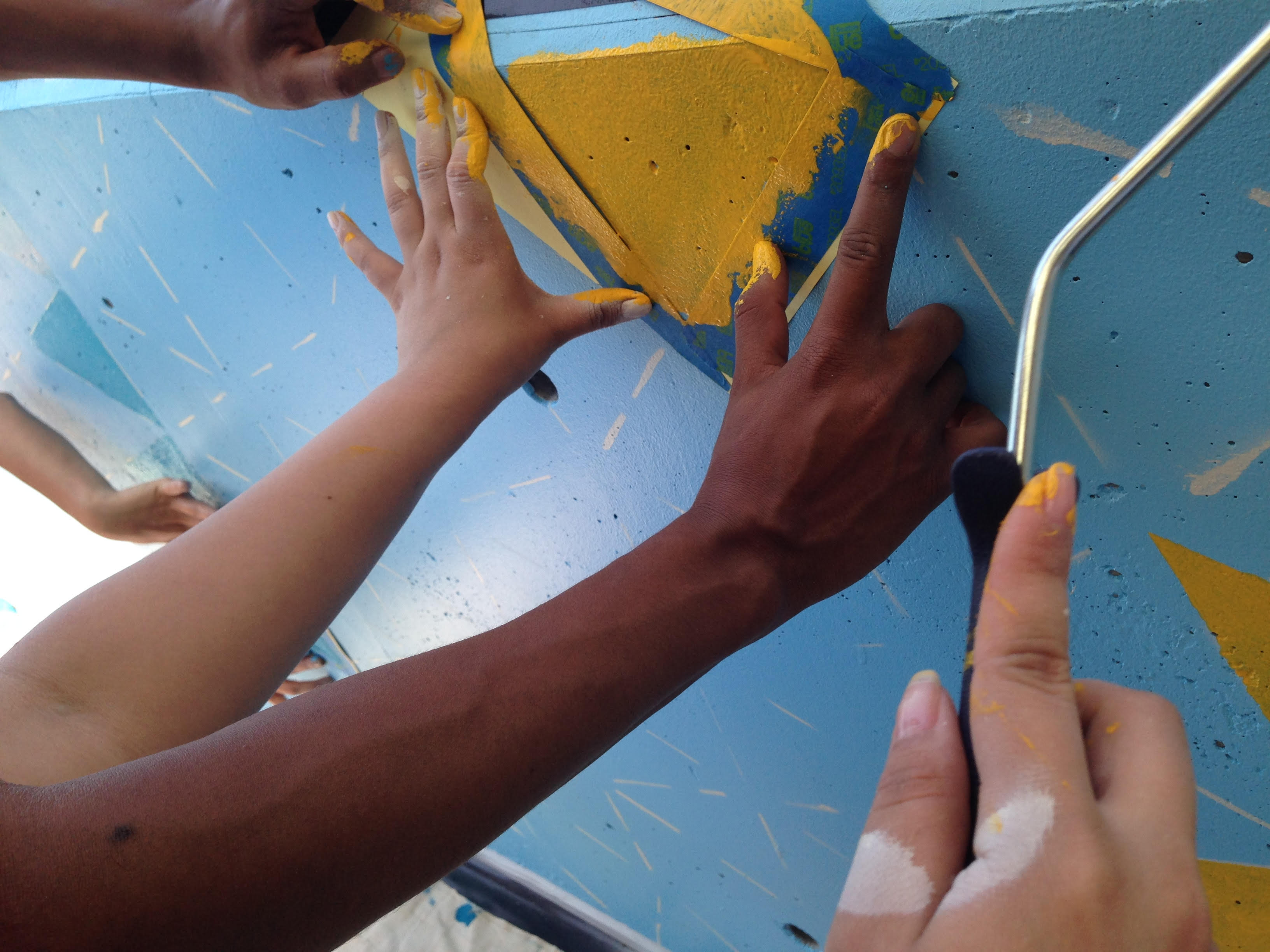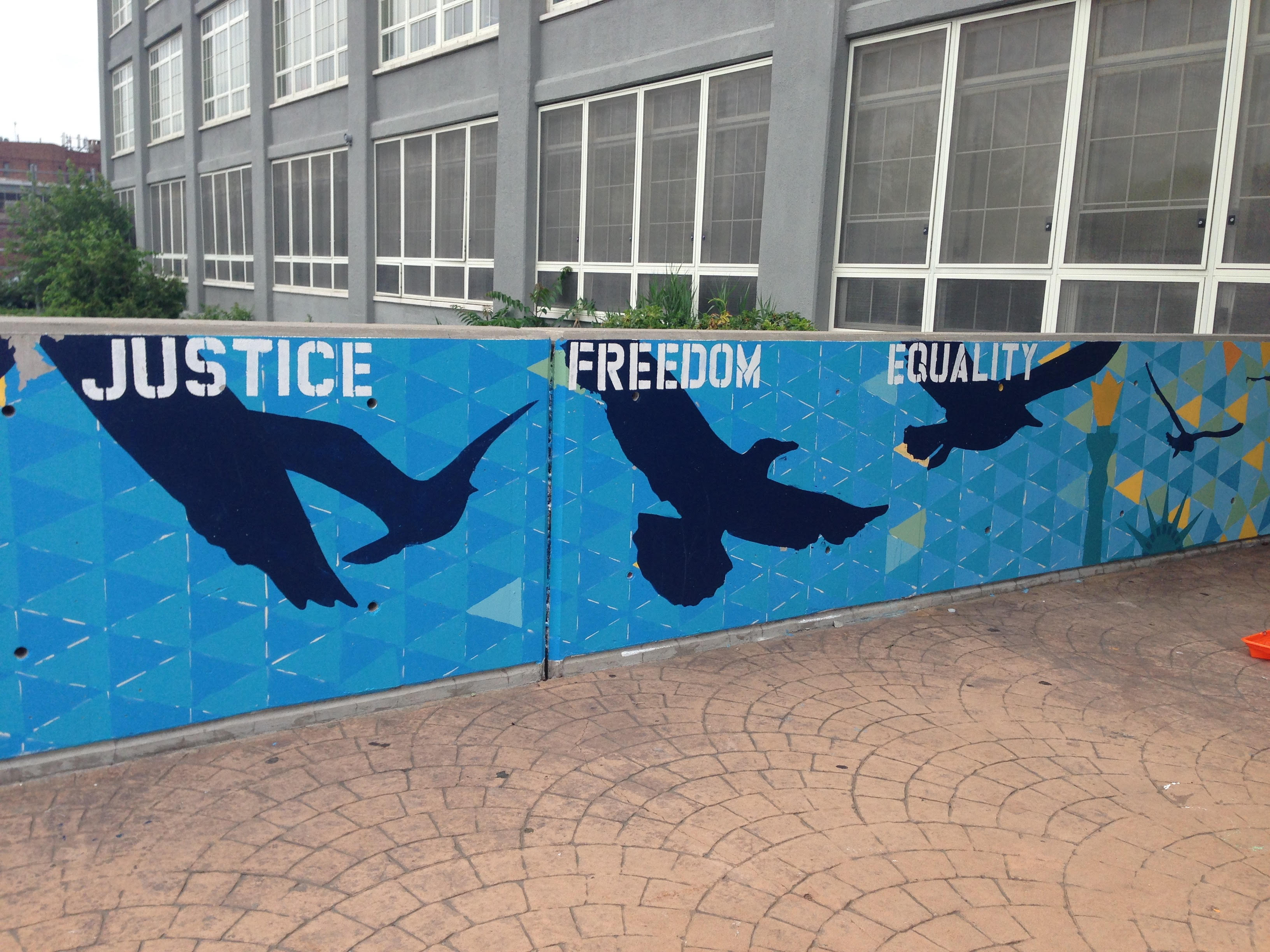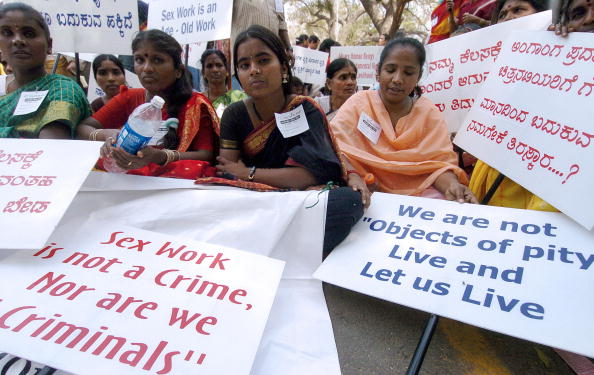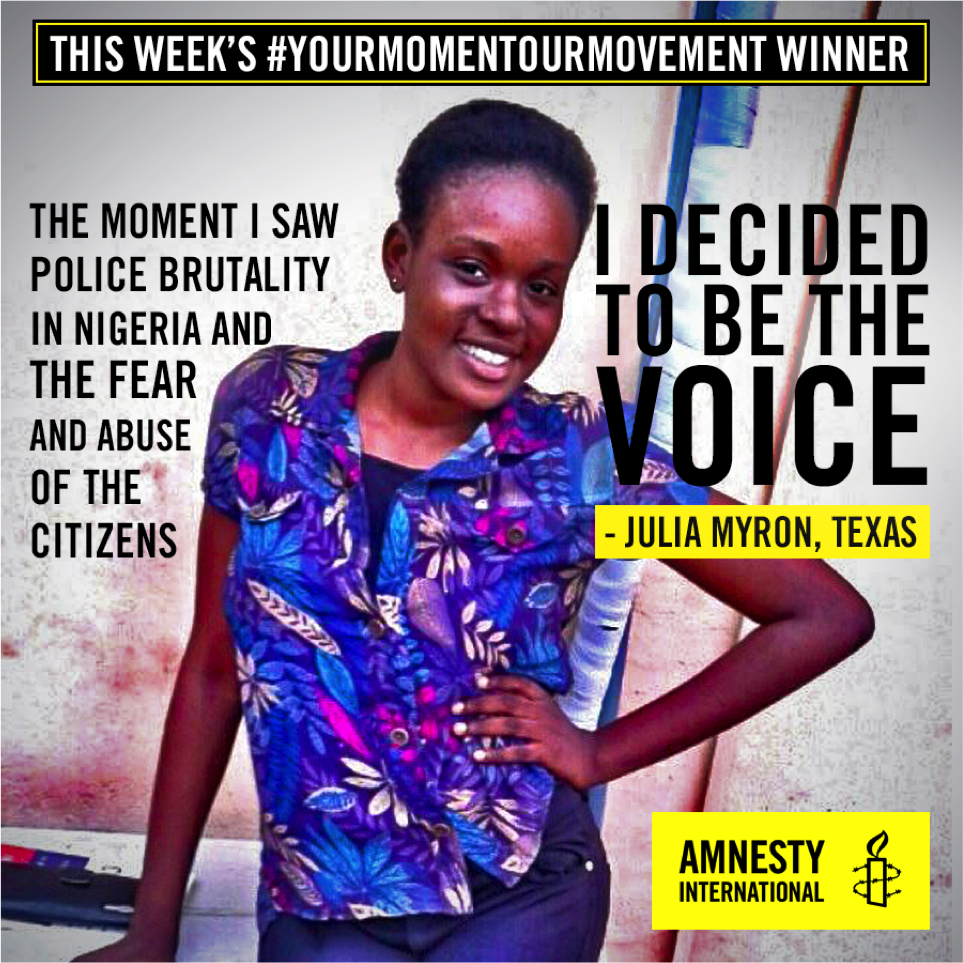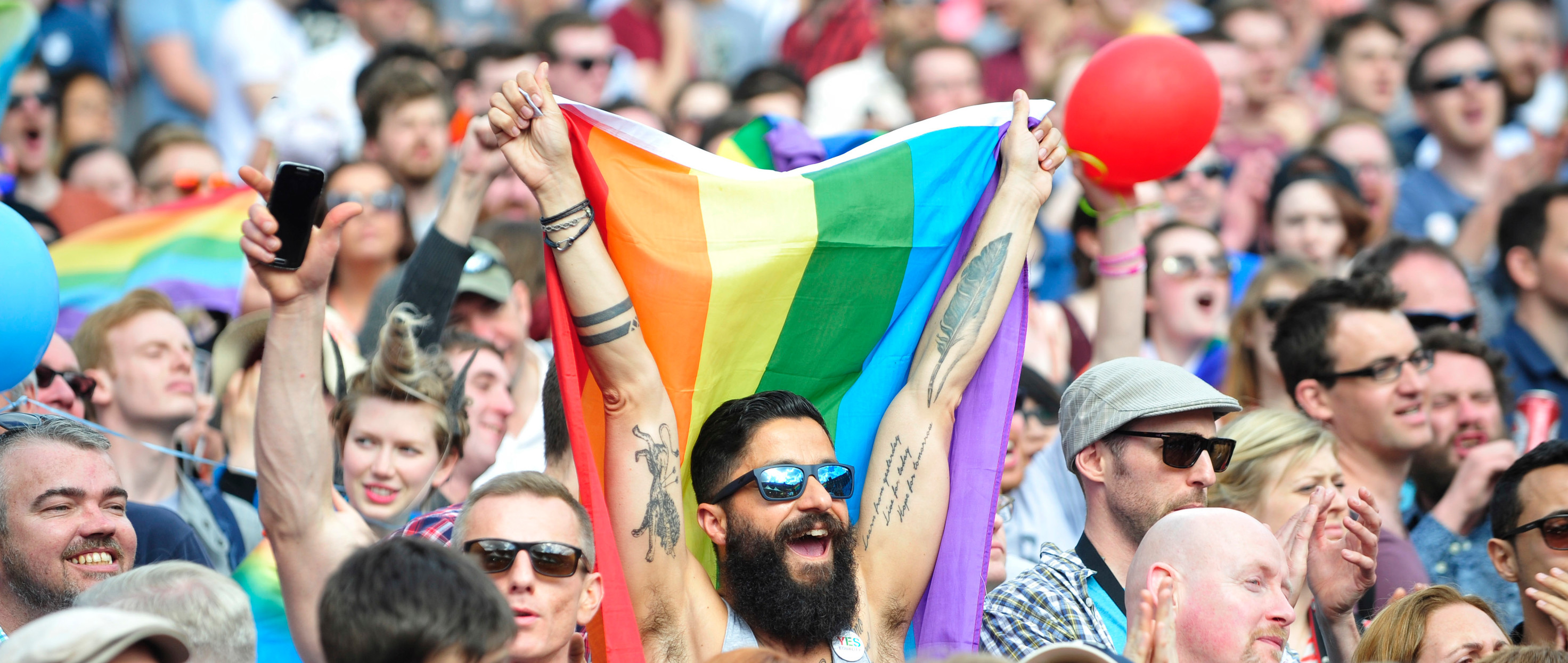Last November, we decided to send our sixth delegation of organizers and human rights observers to Ferguson. In response to requests from community members, AIUSA staff and members chose to go through training, to bear witness, to stand for accountability, and to lift up the voices of community members living their human rights.
These choices reflect a commitment to live our values in a way that recognizes that local human rights abuses are global human rights challenges. Amnesty sections, structures and offices from Hong Kong to Venezuela, and from Brazil to Turkey have made important changes to bring their work closer to the ground. Part of that shift for us here has meant a commitment to working more closely with communities who are most impacted by human rights abuses here at home. And by embarking on an ambitious body of human rights work, at AIUSA we also knew we would have to examine the ways our structure and staffing reflect that same commitment. SEE THE REST OF THIS POST
